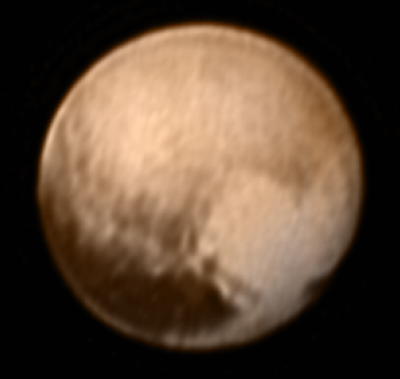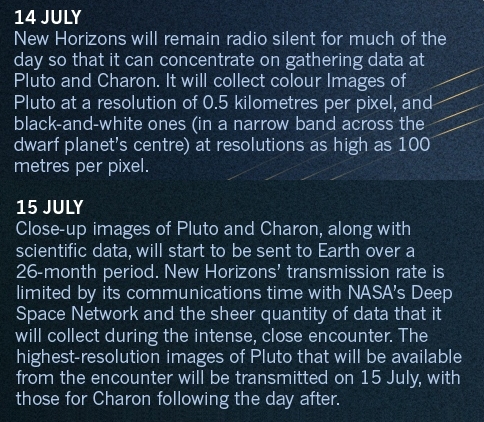Persecution of conservatives by the IRS and Wisconsin Democrats linked
Working for the Democratic Party, nationwide! Newly revealed emails now show that even as Lois Lerner was heading the IRS effort to harass conservatives at the IRS, she had a close email correspondence with the official in Wisconsin who helped prosecutors there run their secret investigation of conservatives that included midnight SWAT raids.
It does appear that Lois Lerner worked to get other Democrats in state governments to use their power, as she was, to squelch the first amendment rights of conservatives.
Working for the Democratic Party, nationwide! Newly revealed emails now show that even as Lois Lerner was heading the IRS effort to harass conservatives at the IRS, she had a close email correspondence with the official in Wisconsin who helped prosecutors there run their secret investigation of conservatives that included midnight SWAT raids.
It does appear that Lois Lerner worked to get other Democrats in state governments to use their power, as she was, to squelch the first amendment rights of conservatives.




